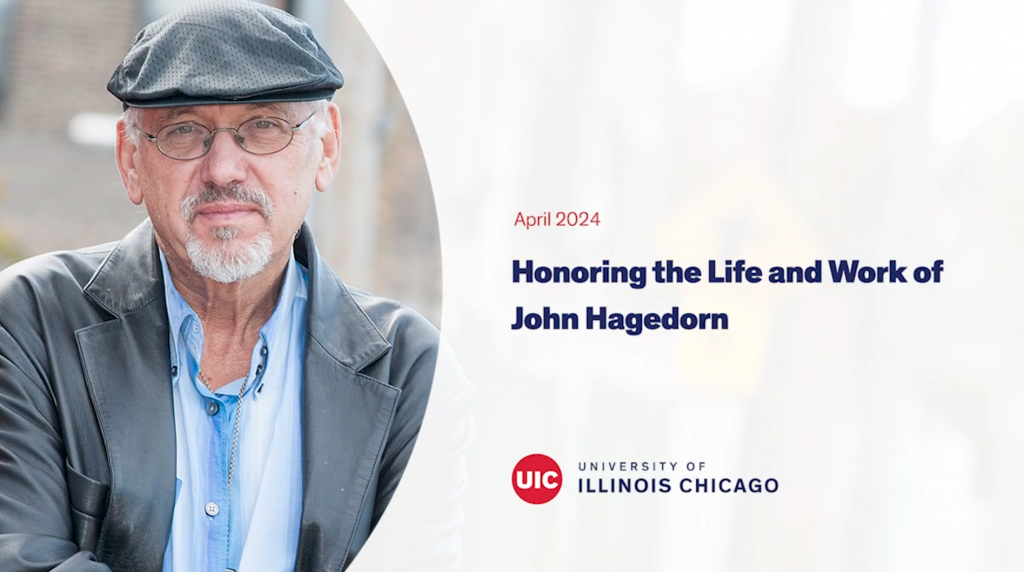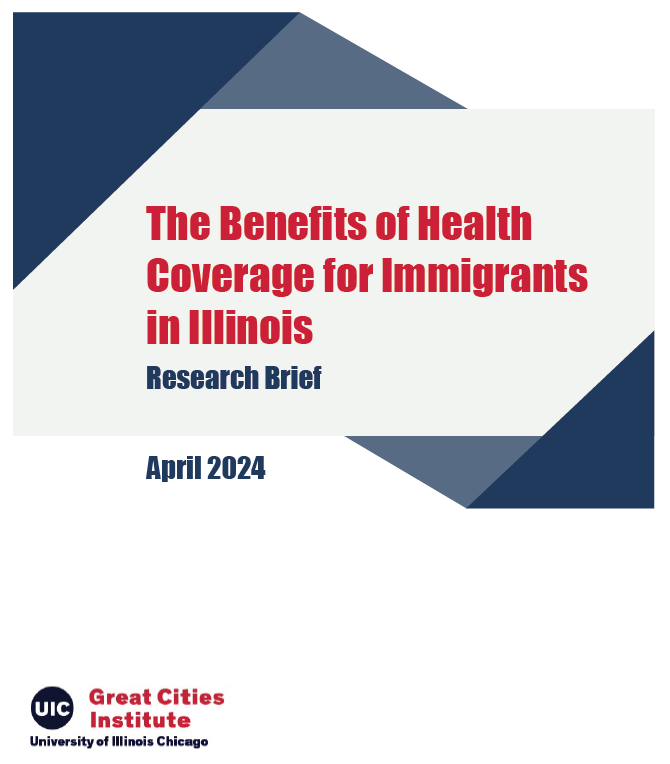
Video and Photos Available from “Mother Earth Meets the Anthropocene” Event
We are happy to release the video and photos from an event that we hosted earlier this year on Mother Earth Meets the Anthropocene: An Ecofeminist/Environmental Justice Assessment. Jane Caputi, Professor of Women, Gender and Sexuality Studies at Florida Atlantic University, joined us on February 20, 2024. After Professor Caputi’s talk, she and Great Cities Director, Teresa Córdova, engaged in conversation. In this video, you will be able to see both Jane’s presentation and the conversation afterwards.
“The Anthropocene,” or “Age of Man,” is a proposed name for the current geological age, one, its proponents claim to be a new era where “humans” have become a vast force capable of overwhelming the vast forces of “Nature.” This illustrated talk considered the sexed, gendered, racialized and otherwise political concept of “The Anthropocene” in dialogue with concept with the ancient reality of “Mother Nature” or Mother Earth, common to indigenous ecological knowledge as well as contemporary ecofeminist and environmental justice perspectives.
Jane Caputi has written four books, most recently Call Your “Mutha”: A Deliberately Dirty-Minded Manifesto for the Earth Mother in the Anthropocene (Oxford University Press, 2020). She also has made two educational documentaries, The Pornography of Everyday Life (2006) distributed by Berkeley Media and Feed the Green: Feminist Voices for the Earth (2016), distributed by Women Make Movies. Dr. Caputi, in 2016, was named Eminent Scholar of the Year by the American Culture/Popular Culture Association and in 2020 the Association for the Study of Women in Mythology gave her their annual “Saga Award” for contributions to women’s history and culture.
Several co-sponsors joined us to host Jane: UIC’s Institute for the Humanities, The Anthropocene Lab, The Institute for Research on Race and Public Policy, and Gender and Women’s Studies.
Click here if you want to see the downloadable PDF of the program from the event.








































